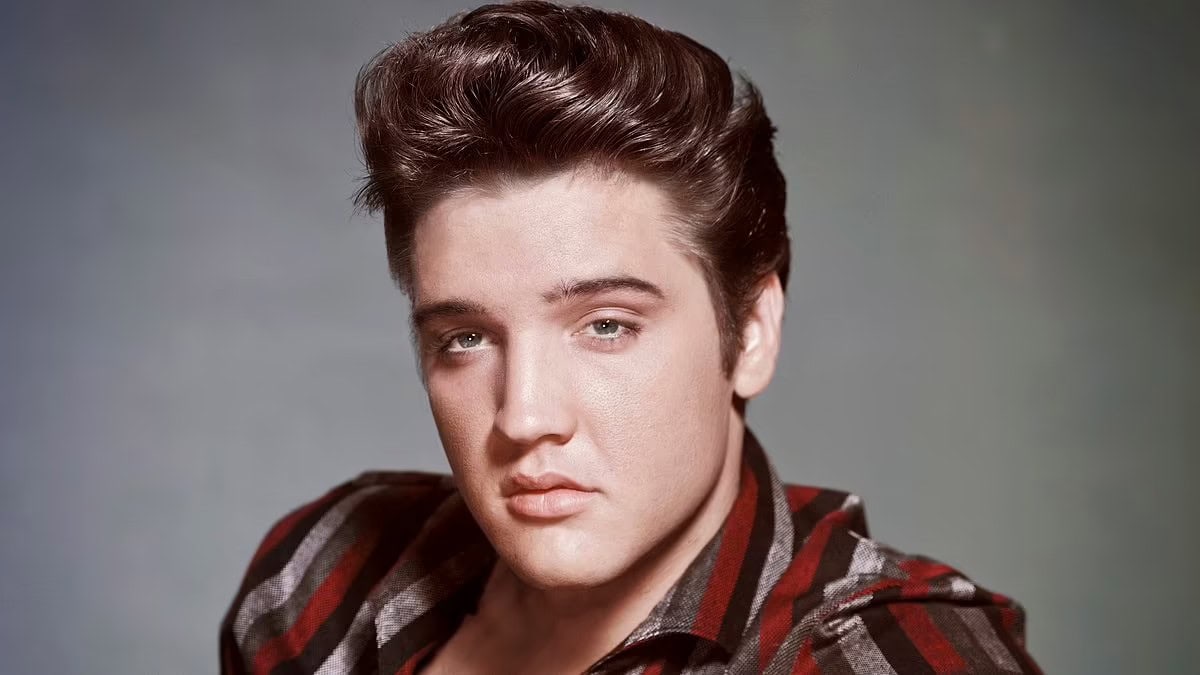
Introduction
In the mid-1970s, when Elvis Presley recorded “And I Love You So” for his 1975 album Today, he was no longer the rebellious young rocker who had set the world on fire two decades earlier. Instead, he was a seasoned performer, a man who had lived through triumph, heartbreak, and the burden of carrying an unparalleled legacy. This maturity is what gives his interpretation of “And I Love You So” such emotional weight, making it one of the most cherished ballads in his later repertoire.
Originally written and first performed by Don McLean, the song found new life in Elvis’s hands. Where McLean’s version had a gentle folk flavor, Presley transformed it into a deeply personal confession. His voice, rich and resonant, carries the kind of tenderness that only comes from someone who has known both the sweetness of love and the loneliness of its absence. For listeners today, particularly those in their 50s and 60s, this performance resonates with profound familiarity.
The heart of the song lies in its simple but eternal message: love has the power to light the darkest days. Elvis sings of life before love as “lonely” and “shadowed,” only to reveal how a single presence changes everything. For older audiences, this is more than just a romantic sentiment—it is a reflection of lived experience. By this stage of life, many have weathered storms, endured loss, and celebrated enduring partnerships. The lyrics remind them of the sustaining comfort love has brought across decades.
Elvis’s delivery makes the song particularly poignant. Unlike the fiery declarations of his youth, his phrasing here is measured, almost prayerful. There is humility in the way he acknowledges that love does not erase life’s hardships, but it gives them meaning. For listeners over fifty, this rings true: love is not about perfection, but about finding solace in companionship, understanding, and quiet devotion.
“And I Love You So” also captures something universal about aging itself. The song suggests that even as time passes and life grows more complex, the need for connection never fades. In fact, it grows deeper. Elvis’s performance, recorded during a period when he himself was grappling with personal struggles, seems to extend a hand to the listener—an assurance that love, in its purest form, remains a source of strength until the very end.
Nearly half a century later, the song continues to speak directly to the hearts of those who hear it. For fans in their 50s and 60s, it is not simply a reminder of Elvis’s artistry—it is a reminder of their own journeys, the partners who have stood by their side, and the enduring truth that love, once found, transforms life forever.
Video
Lyrics
And I love you so
People ask me how
How I’ve lived ’til now
I tell them I don’t know
I guess they understand
How lonely life has been
But life began again
The day you took my hand
And yes, I know how lonely life can be
When Shadows follow me and the night won’t set me free
But I don’t let the evening get me down
Now that you’re around me
And you love me too
Your thoughts are just for me
You set my spirit free
I’m happy that you do
The book of life is brief
And once the page is read
All but love is dead
This is my belief
Oh, and yes, I know how lonely life can be
When shadows follow me and the night won’t set me free
But I don’t let the evening get me down
Now that you’re around me, now you know
Thank you
Thank you very much